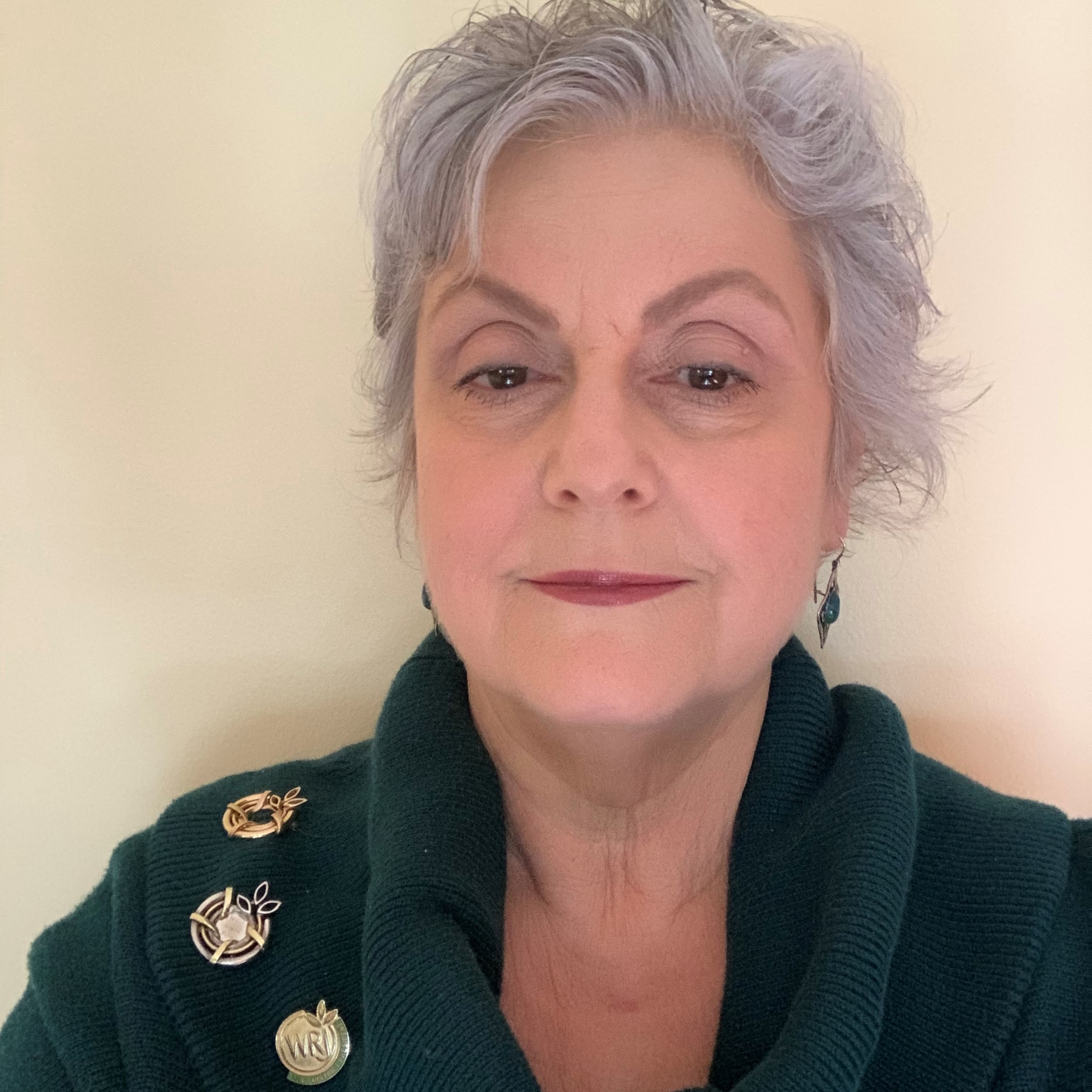This week, so near the end of the annual cycle of Torah readings, we go back to the book of Exodus to read part of Ki Tisa for the Shabbat falling during Sukkot. This is a very action packed reading but we skip most of the action to focus on a unique passage, unlike any other in the Torah.
After the crisis of the golden calf, God is very angry with the Israelites and refuses to lead them any further on their journey from slavery to freedom. It will be up to Moses to lead them himself. Our reading begins with Moses challenging God’s decision to desert the children of Israel. He challenges God, reminding God of their relationship. Further, in the most singular passage in the entire Torah, Moses asks to see God: “He said: ‘Let me behold Your Presence!’” (Ex 33:18). And God agrees, even telling Moses God’s name.
According to the Women’s Torah Commentary, this section must be read literally, that is, God takes on a human form and literally passes before Moses: “Adonai came down in a cloud – and stood with him (Moses) there, proclaiming the Name Eternal.” (Ex 34:5). At that time, God also reveals God’s goodness, grace, compassion, slowness to anger, kindness, faithfulness and forgiveness, which is interesting, following so closely on the crisis of the golden calf. Then God reestablishes the covenant with Moses. God promises to drive out the current inhabitants of Canaan, if the people will stay apart from those who remain.
There is a prohibition of making idols and the commandment to observe the three pilgrimage festivals. All firstborn creatures belong to God and must be redeemed or sacrificed. Then the interesting commandment: “None shall appear before Me empty-handed.” (Ex 34:20) We are commanded to observe Shabbat. There are a few other commandments and our portion ends with the commandment “You shall not boil a kid in its mothers’ milk.” (Ex 34:26)
How does this apply to us? We are all created in God’s image, and when we emulate these attributes, we bring God’s presence into the world. As leaders in our sisterhoods and congregations, we are challenged to emulate and model these attributes. It is interesting to me that Moses pursued God, not allowing God to abandon God’s commitment to lead the children of Israel on their journey to freedom. This is a reminder to us to seek partners, friends and mentors on our leadership journeys. WRJ provides opportunities to create relationships with like minded women through our meetings.
Soon the eight WRJ Districts will be holding their conventions. Women will gather to learn skills, share best practices but most importantly, to create relationships with each other. In March 2017, the Fried Leadership Conference will be held in Charleston SC, providing a larger community of learning and friendship. And if you have never been to Israel before, and even if you have, in May 2017, join WRJ for our Women’s Journey to Israel, featuring opportunities to see Israel, to meet our Reform Movement partners and YES Fund grantees, especially the Women of the Wall, the Mother – Daughter Bat Mitzvah participants and our WRJ Israel sisters.
Liz McOsker serves as Secretary on the WRJ Executive Committee. She is also the Central District Recording Secretary and a past president of Isaac M. Wise Temple Sisterhood in Cincinnati, OH.
Related Posts

Parashat Yom Rishon shel Rosh HaShanah

Cultivating a Culture of Accountability and Belonging


